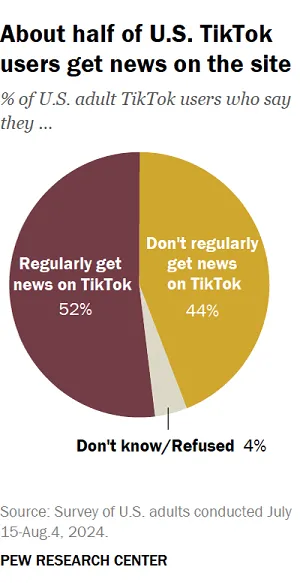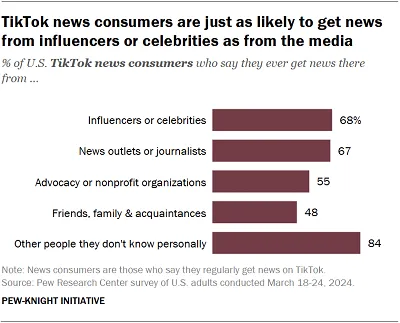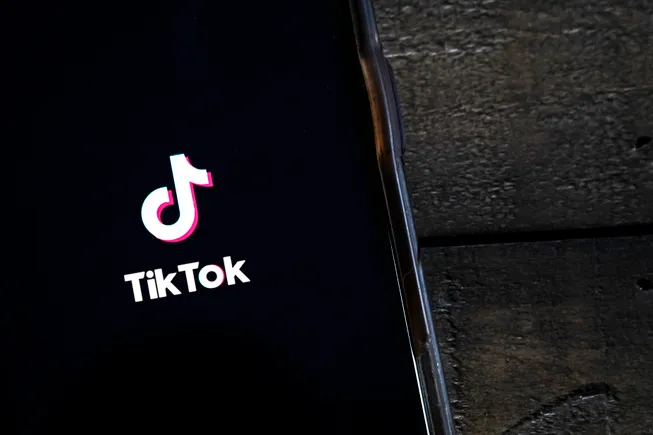While much of the debate around the perceived security risks of TikTok have revolved around user data, and the potential sharing of info on TikTok users with the Chinese government, the actual concerns raised by cybersecurity officials about the app haven’t been clearly articulated to the general public.
U.S. senators have been briefed on the risks posed by the app, and that overview freaked them out enough to vote overwhelmingly in favor of a TikTok ban in the U.S., while Canadian officials have also sought to force TikTok, the company, out of Canada, due to unspecified issues with whatever business they’ve been conducting.
So what is the actual risk here? Is it stealing user data to use against citizens in other regions?
In the majority of cases, that seems unlikely. Chinese operatives are unlikely to care that the local car wash attendant likes videos of dancing cats, though there have been examples of TikTok staff looking to track user info for nefarious purpose.
What seems more likely on a broader scale, however, is that Chinese state operatives may look to use TikTok to seed pro-China messaging, and influence voters in other nations to support certain moves and/or initiatives that could benefit the CCP.
Why would that be more likely? Because China-based operatives already do this, in virtually every other social app.
For years, CCP-supported operatives have been using virtually every Western social media app to seed pro-China narratives, by using pages and profiles to distribute real news and information in order to build an audience, then injecting politically-aligned, pro-CCP messages into the mix.
In 2022, for example, Google disrupted over 50,000 instances of a Chinese influence program called “Dragonbridge” across YouTube, Blogger and AdSense, while Meta has also detected many instances of Chinese influence operations, with the company removing almost 5,000 Facebook profiles linked to one such program in a single quarter in 2023. More recently, Microsoft has warned that it’s found various Chinese-based groups seeking to influence voters in other nations, including the U.S., through coordinated social media activity.
So, given that Chinese operatives are already doing this in other apps, it stands to reason that TikTok, a Chinese-owned platform, over which they have much more access and control, and which itself now has major influence in Western nations, would be an obvious vector for the same.
Right?
And TikTok does have significant influence in this respect, according to recent findings from Pew Research.
According to surveys conducted by Pew, more than half of TikTok users (52%) say they regularly get news on the site.

Even more significant:
“Among U.S. adults who say they regularly get news on TikTok, just as many say they ever get news on the site from influencers or celebrities (68%) as from news outlets or journalists (67%), And an even higher share (84%) get news from other people they don’t know personally who are not influencers or celebrities, news outlets or journalists, or advocacy or nonprofit organizations.”

Seems like a pretty clear pathway to facilitate CCP influence operations, in that TikTok users who do get news in the app generally get such from people they don’t know, who have no official credentials or qualifications.
Of course, this is difficult to quantify, because each person’s experience in the app is different. What I’m shown on TikTok is different to what you see, so it’s almost impossible to measure the true scale of influence and exposure impact in the app.
But there’s more to it than just stealing your data, which as noted, is unlikely to be the main motivation for Chinese-based operations.
Security officials remain tight-lipped on what threat, exactly, TikTok does pose, but based on evidence from other apps, and the increasing reliance on TikTok for news content, I would imagine that this is a more significant vector for impact.
The U.S. government is currently working to facilitate a new deal that will keep TikTok active in the U.S.














